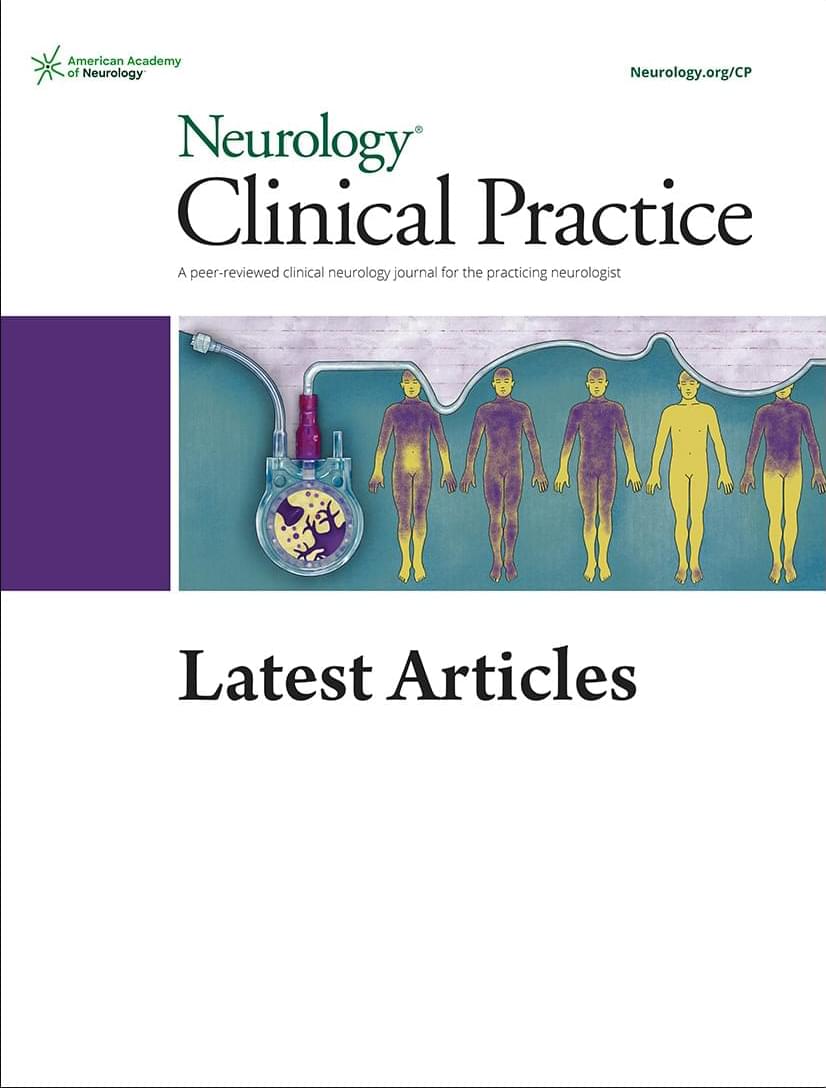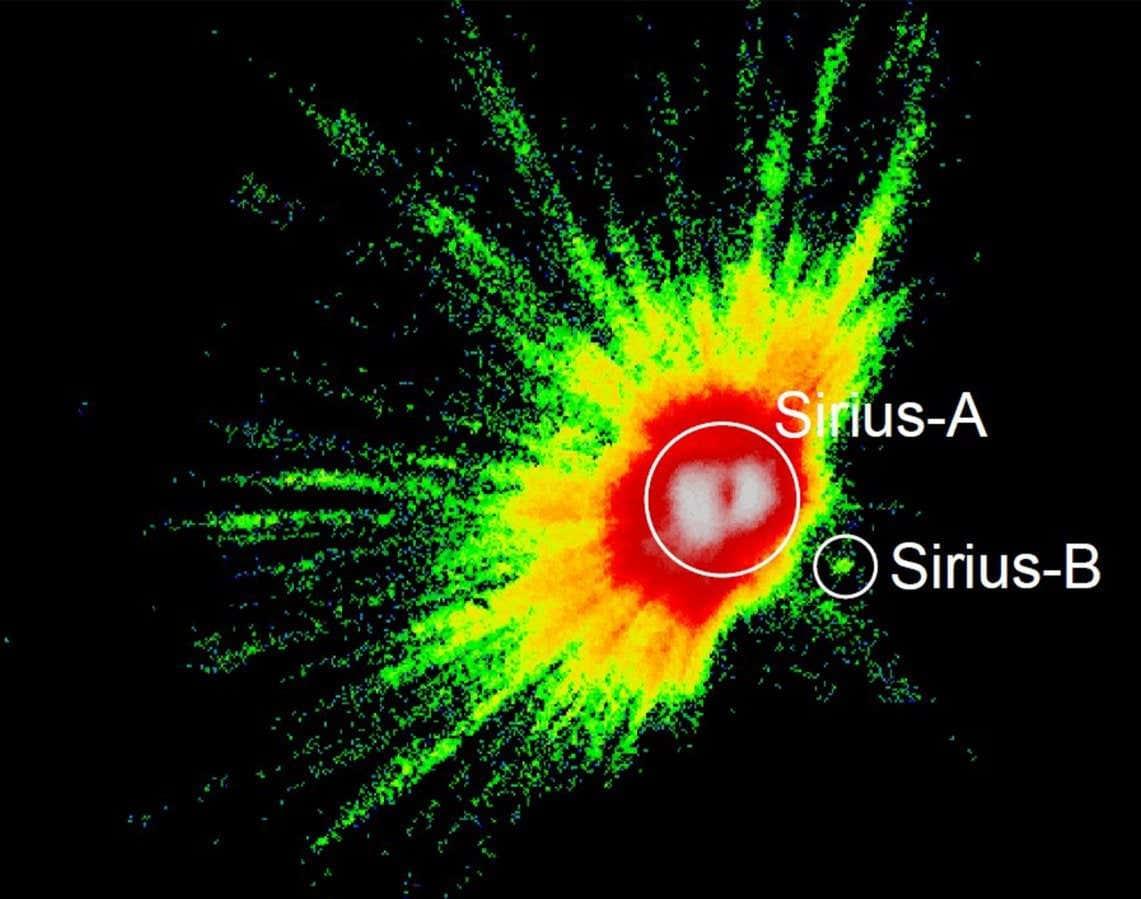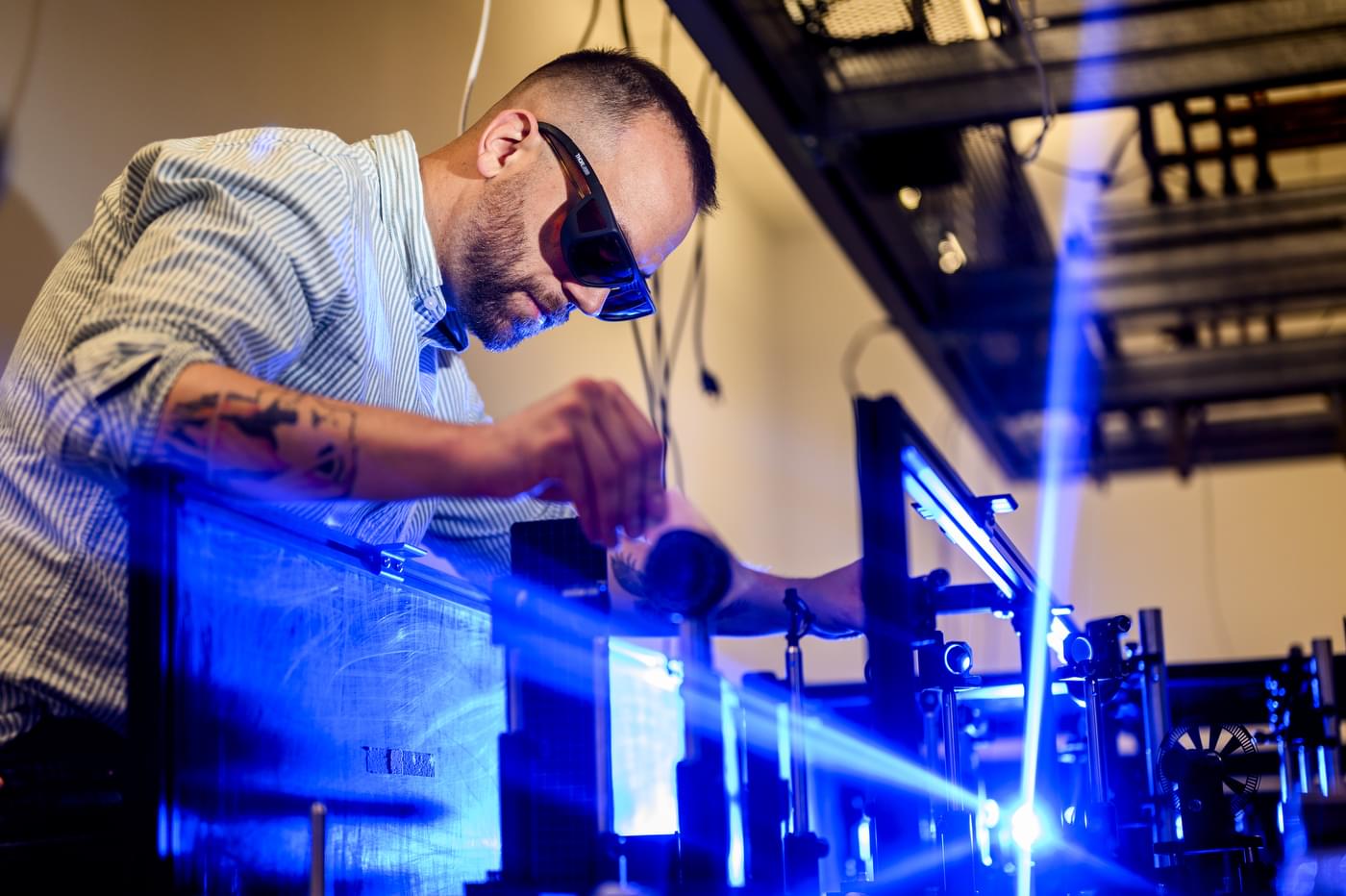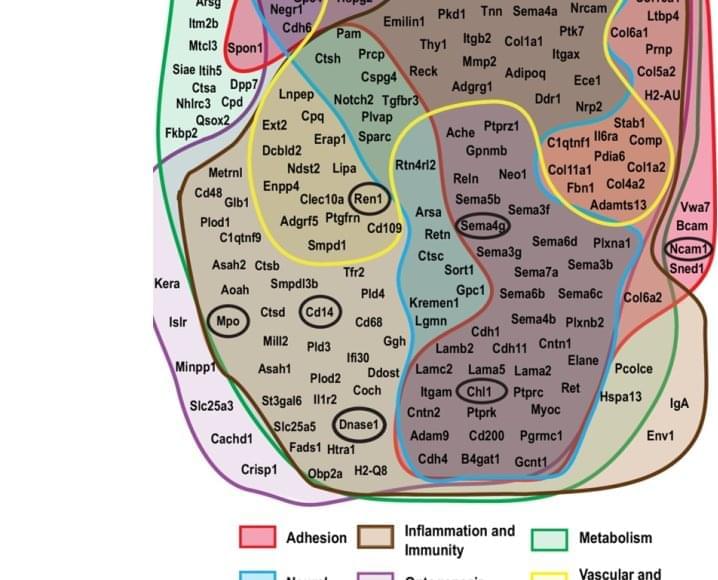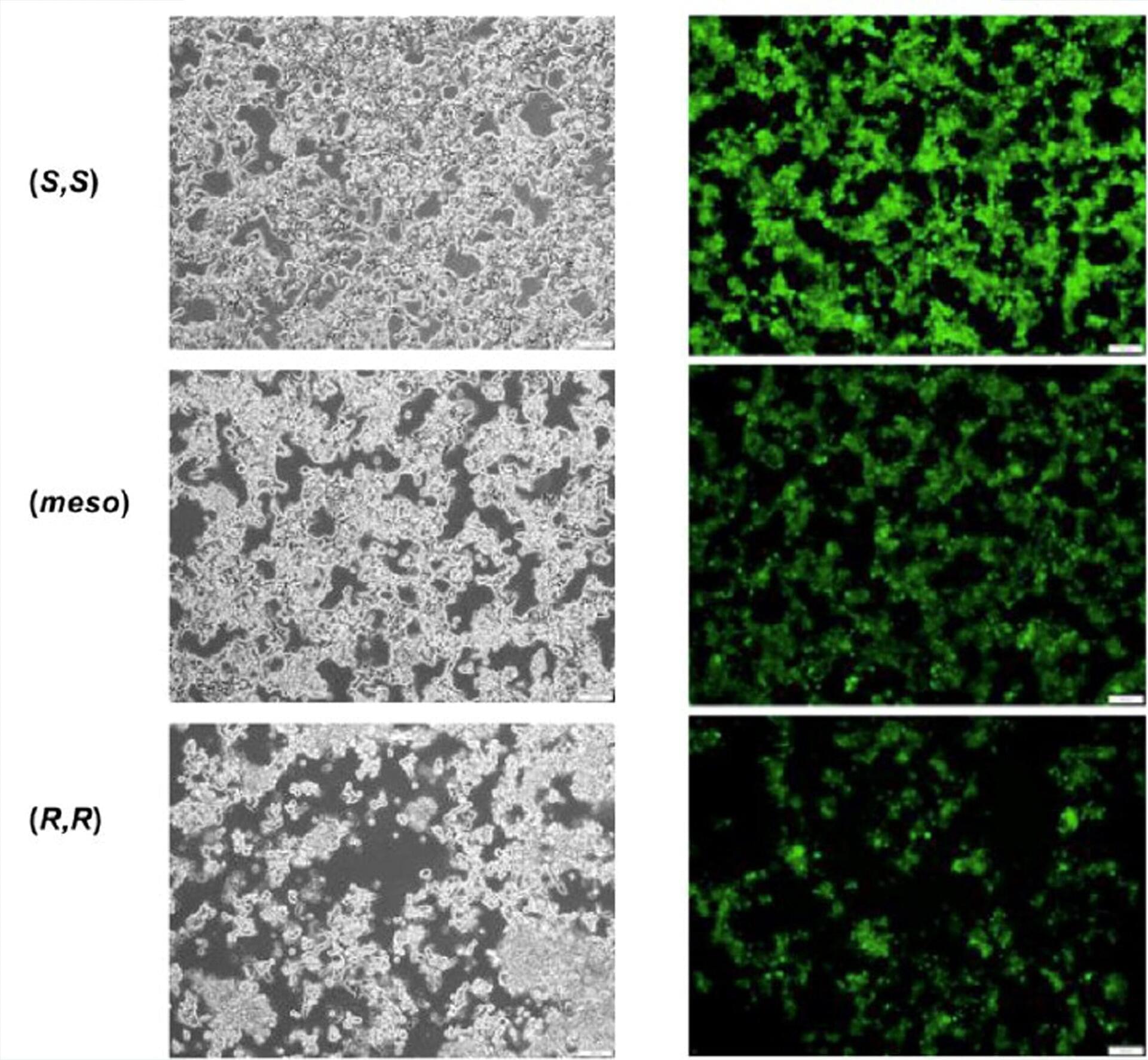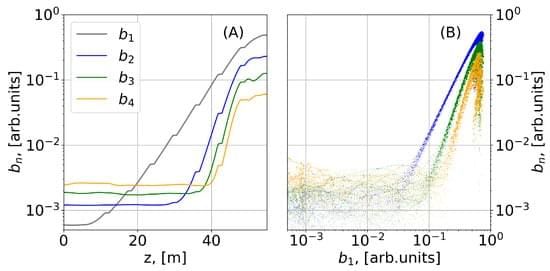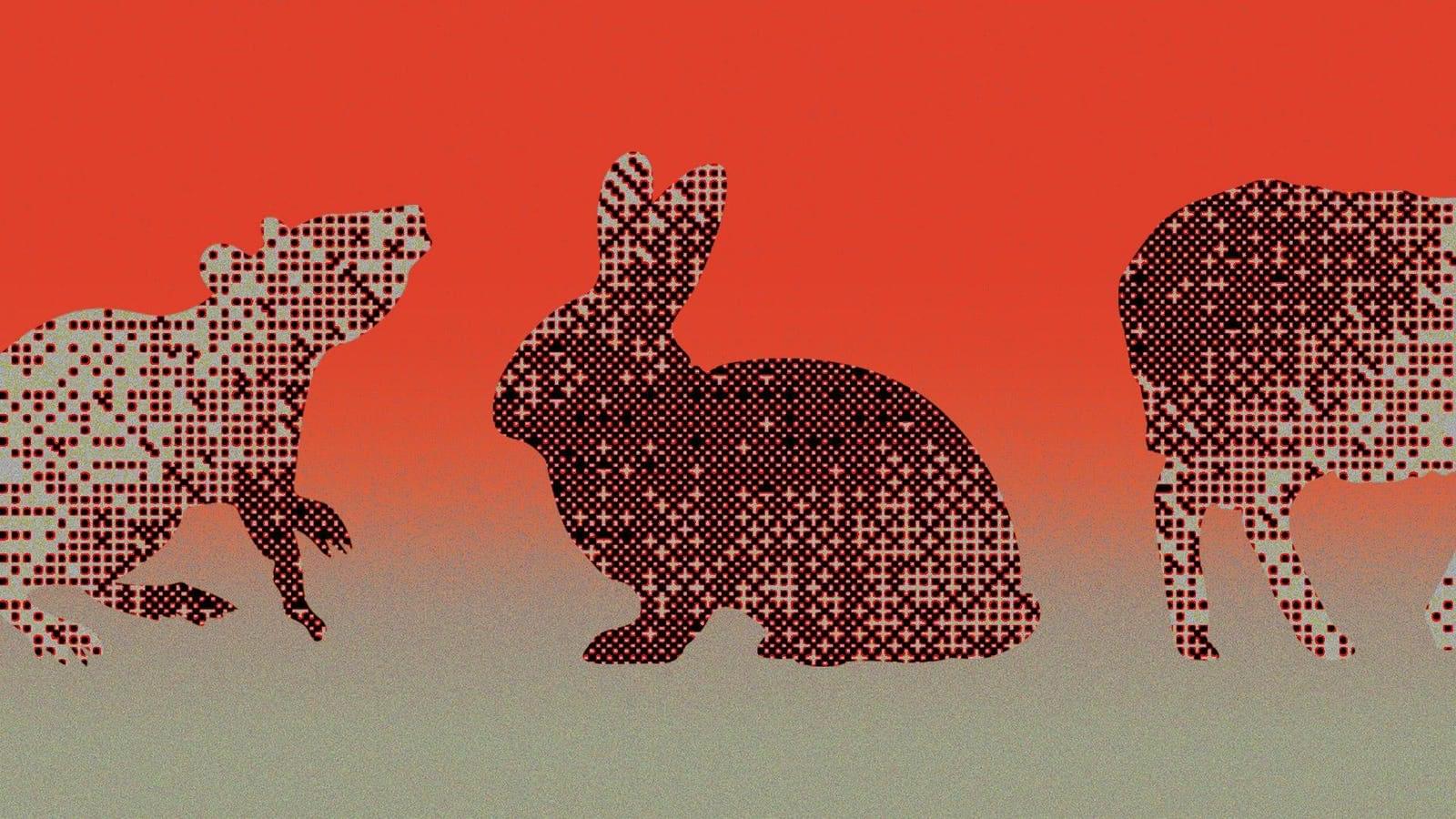3D Systems is collaborating with researchers from Penn State University and Arizona State University on two projects sponsored by NASA intended to enable groundbreaking alternatives to current thermal management solutions.
Severe temperature fluctuations in space can damage sensitive spacecraft components, resulting in mission failure. By combining deep applications expertise with 3D Systems’ leading additive manufacturing solutions comprising Direct Metal Printing (DMP) technology and tailored materials and Oqton’s 3DXpert® software, the teams are engineering sophisticated thermal management solutions for the demands of next-generation satellites and space exploration.
The project led by researchers with Penn State University, Arizona State University, and the NASA Glenn Research Center in collaboration with 3D Systems’ Application Innovation Group (AIG) has resulted in processes to build embedded high-temperature passive heat pipes in heat rejection radiators that are additively manufactured in titanium. These heat pipe radiators are 50 percent lighter per area with increased operating temperatures compared with current state-of-the-art radiators, allowing them to radiate heat more efficiently for high-power systems.
By combining deep applications expertise with 3D Systems’ leading additive manufacturing solutions, research teams are engineering sophisticated thermal management solutions for the demands of next-generation satellites and space exploration.
